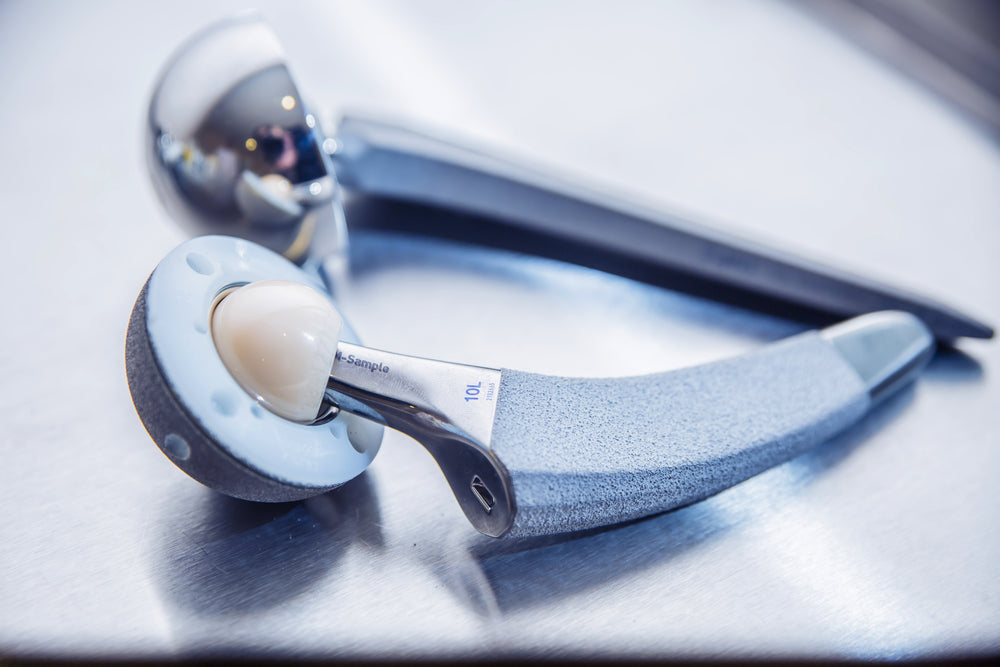What Role Does Super Glue Play in Medicine?
Adhesives are vital in the medical device manufacturing industry. They allow for the construction of precision equipment that can be lifesaving. When devices are going to be used in critical situations, you need to know the adhesive used can be depended on. When making your choice of a medical-grade super glue, you should know exactly what you are getting.
What Does Medical Grade Mean?
For a product to be certified as medical-grade, it has to undergo a set of approved testing procedures to see if it meets the standards laid out in the General Chapter of the United States Pharmacopeia and National Formulary (USP-NF). For a product to raise no concerns about biocompatibility, it is generally expected that it should meet USP Class VI Certification.
To assess the toxicity of the polymer being tested, it is placed inside the body and checked for any reaction it might produce. There are three main ways that the product will be introduced into the body, and it must trigger no reaction, via any route, even on a cellular level, if it is to meet this high standard.
If a polymer has met Class VI certification, it can be used for medical applications with no concerns that it might cause a biological reaction. Untested adhesives can produce reactions that include topical rashes, general feelings of illness or even whole-body reactions, such as weight loss.

Main Uses of Medical Super Glues
Medical super glues can be used in the assembly of a wide range of medical devices. They are useful for bonding or coating interior joints, as well as external surfaces.
Some common uses of medical super glues include the productions of many single-use items that are required in large quantities, such as catheters, respiratory and anesthesia masks, syringes, needles, and cannulas. They are often used in lifesaving pieces of equipment, such as resuscitation tubes, oxygenators, and blood filters.
As well as devices that may only be used for short-term applications, medical super glues are also suitable for the creation of much longer-lived items, such as prosthetic joints.
With such a wide range of applications possible, it is important that medical super glues have a wide range of properties so they are suitable for any of the uses required.
Properties Required for Medical Super Glues
Medical super glues should ideally be biocompatible, which can be ascertained by their UPS certification level. To be best suited for the use in the assembly of medical devices, they should also be solvent-free, with a fast cure time and, most importantly, it should be possible to sterilize them.
Properties that are of added benefit include the ability to select the desired viscosity and hardness. With these properties in mind, the following types of super glue are good choices for the assembly of medical devices.
Cyanoacrylates
Cyanoacrylate adhesive glues are one of the most commonly used adhesives. This is because they are strong and fast setting, which makes them an excellent choice for a wide range of applications. When they are manufactured to a high standard, they can be made to medical-grade standards, making them suitable for use in the production of medical devices.
Many cyanoacrylate-based super glues come in a wide range of viscosities. It is possible to find options that range from 5 to 4000cps
Once fully cured, cyanoacrylate super glues are highly resistant to a wide range of chemicals and solvent. This means that if used for the assembly of a medical device, there is no need to be concerned about reactions with medicines or sterilizing agents that the device may come into contact with during the course of its use.
Cyanoacrylates are ideal for use in assembling products because they are a single component adhesive. They will bond well to almost all substrates making them very flexible. The bonds they form are permanent and strong. All of these features, combined with an economical price, and it is easy to see why they are the medical-grade super glue of choice.
Medical Grade Cyanoacrylate
The Infinity Bond Medical Grade Cyanoacrylate is a great option for medical device manufacturing and product assembly. It's commonly used for catheters, surgical tools, and more. This cyanoacrylate is compatible with most sterilization methods and meets the biocompatibility standards for ISO 10993 and USP Class VI. The Infinity Bond Medical Grade Cyanoacrylate is able to create strong permanent bonds to a variety of substrates including, plastics, metals, rubbers, and more.
This adhesive available in a range of viscosities ranging from 5 to 4000cps so you can be sure you're getting the right product for your application needs.
UV Light Cure Adhesives
Another option for the assembly of medical devices is UV light curing. These UV glues can provide a lot of advantages when being used as part of a production process.
Adhesives that are cured with UV light offer better chemical resistance than many other adhesives, making them a good choice for use in medical devices. The process of UV curing also produces a strong and reliable bond.
One of the major advantages of a UV cured adhesive is that it can significantly decrease the time needed for assembly. Less time spent assembling products means you can improve the efficiency of your process and increase your yield for lower costs.
Questions? We Are Here to Help.
The world of medical-grade adhesives can be challenging to navigate, but we are here to help. If you have questions about getting started with medical-grade cyanoacrylate, UV light curing, or anything else, please contact us. Our knowledgeable staff is happy to help.





